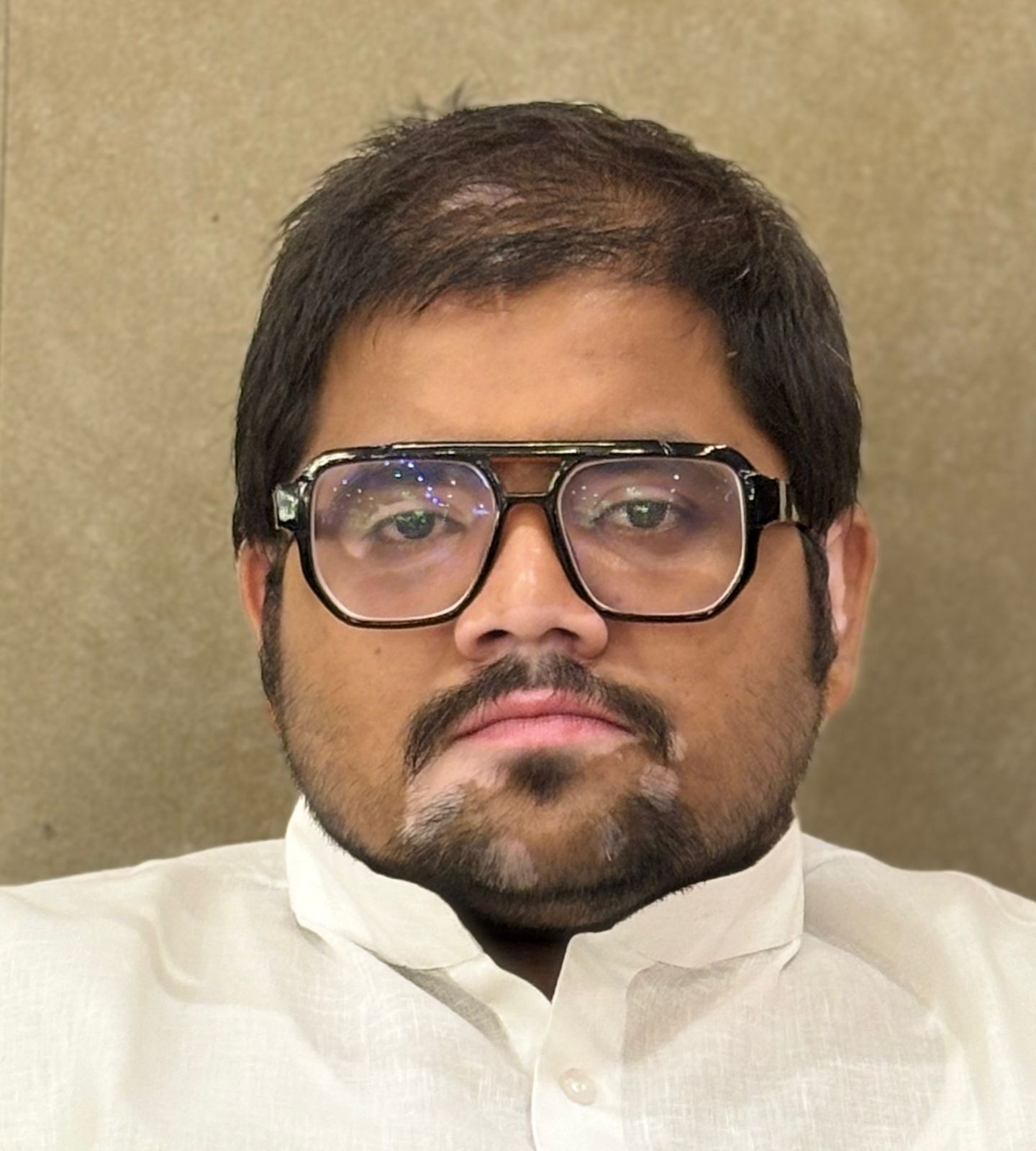In the past, bloody battlefields were where the fates of nations were decided. The winners raised their flags, and the losers licked their wounds. This was true not only in terms of where things were, but also in terms of right and wrong. Today, Bharat is under siege, but not in the middle of a war. Instead, it’s in the murky, unpredictable areas of ideals, institutions, economies, and algorithms. This is a war not for a place, but for the mind’s place; not for state sovereignty, but for self-sovereignty. The battlefield has changed, but we are still using old ideas to fight. Our response is nothing but a weak defence against the new forms of subversion that pretend to be compassion, modernity, and inclusion. Bharat’s enemy is not like the old-fashioned fistfights, where we meet on the battlefield with weapons drawn and financial subjugation made real through memetic warfare. It has many heads, and it’s scary that many of us who have power and influence haven’t even named or recognised it.
Cultural Marxism used to be a quiet word in old pamphlets, but now it’s a loud word that makes the well-coiffed intelligentsia at Lutyen’s drawing rooms roll their eyes. Now it is a neon sign that makes a lot of noise. This is what most of our universities, think tanks, and editorial columns say. It was once seen as a fringe ideology that sought to undermine culture and dismantle social hierarchies. Now it has become a violent system that wants to destroy any basis for Bharat’s civilisational identity. Its primary weapon is wokeism, which is a self-righteous way of thinking that won’t accept even the slightest hint of disagreement. Instead, it uses fake outrage and endless victimhood. It doesn’t look at the past with the same level of objectivity as a historian; instead, it examines it with the same intensity as an inquisitor. It gets rid of nuance, simplifies things, and blurs a thousand subtle colour changes and shades. It kills memory in its quest for justice.
If you say that Bharat’s spiritual philosophy is different from others, people will call you a majoritarian, regressive, or fascist at best. In this airless system, not only is it frowned upon to express one’s civilisation, but it is also against the law. The business world has also become a stage for a different kind of sabotage, one that happens without anyone noticing and uses gigabytes rather than gunpowder. Some of these are definitely for the greater good, but others are Trojan horses for foreign strategic goals that look like rights, sustainability, and empowerment. The end is a strange new kind of colonialism: people who aren’t there controlling the economy. People are recorded in the name of progress, data is gathered, stories are told, and progress is pushed. When people go to foreign think tanks, they look at draft policy papers that talk about Indian caste dynamics and local customs with an anthropological air of superiority. Having control over the money means having control over the story.
And yet, Bharat, with its thousands of years of civilisational resilience, remains dangerously ignorant, or worse, complicit. Bureaucracies that love Western ideas, businesses that care more about getting approval from other countries than building strong local foundations, and an intellectual elite that doesn’t explain moral ideas well by putting ethics into abstract human rights frameworks made in Western capitals, all of which don’t understand our ideas of dharma, seva, and lokasangraha. We are currently engaged in fifth-generation warfare, characterised by a struggle not only for power but also for the perception of reality. A meme can do what a manifesto can’t. Militias killing civilians don’t hurt national unity, but influencers killing trust in democracy do. Where protest is a show, paid for from outside the country but written in the country, and every fault line, caste, gender, language, and religion is used to start something. The country becomes a house ready for a shock, waiting for the next one. In this war, there are no uniforms, no declarations, and no Geneva Conventions.
And this is Bharat’s biggest problem: we can’t fight back because we still don’t know what the war is really about. What should be done? First, Bharat needs to give up its contrite intellectualism. We need to stop thinking in other people’s binary terms and start using our own. We are not on the left or right; we are on the side of law and chaos, order and disorder. We shouldn’t get our political vocabulary from the split world of Western academia; instead, it should come from our philosophical roots. Second, we need to take back our institutions so that they are not used as propaganda but as a way to keep things fair. The university needs to be a place where shastrartha, or open debate based on Indian ways of knowing, can happen again. The media needs to clean up its act and get rid of the crazy people. For the judiciary, secularism cannot equate to atheistic neutrality; instead, it must embody sarva–dharma–sambhava, which signifies equal respect for all traditions. Third, Bharat needs to include it in its economic plan. And finally, Bharat needs to learn how to fight in a war of words. Not just a story that reacts, but a story that makes itself up.
Let there be a new generation that grows up not just knowing the French Revolution but also the Gita; not just reading Orwell, but also understanding Chanakya; not just watching Marvel, but also venerating Mahadev. We have been fighting on the battlefield of rules for too long, while the enemy plays by the rules of chaos. We have been following the Queensberry rules, but the other side makes up new ones every day. This isn’t a call to copy; it’s a call to be quick. The soldiers’ morals shouldn’t change, but their minds should if the battlefield is different. Bharat needs to understand that the war is real, that the cost is high, and that the security forces are the only ones who can stop the threat. If they win, though, it won’t be a victory of destruction; it will be a victory of rebirth. It will be the return of a civilisation that learns to change without losing what it has, to reform without throwing away what it has, and to modernise without forgetting or cutting off what it has. We didn’t want this war, but we have to fight it.
(Dr Barthwal teaches Political Science at Sri Aurobindo College, University of Delhi.)



